#Graham Robb
Explore tagged Tumblr posts
Text
"Self-censorship was a practical necessity, but it was also part of the process of self-discovery, which makes it doubly unreasonable to accuse writers like Proust or James of failing to support the cause. Far more damage was done by the mutilations and incinerations of embarrassed readers. A diarist might turn his closet into a time-machine, but when it arrived in the future heirs and editors would be waiting to barricade the doors.
Some crude attempts at censorship are easily reversed - hims replaced with hers, and so on - but a great deal of the unread corpus was destroyed forever. Edmund Gosse and the librarian of the London Library organized Symond's papers into a pile in the library garden and set fire to them. Richard Burton's extensive research notes on 'pederasty' were probably destroyed by his widow. Minnie Benson's son Arthur left behind 'a packet of letters of very dangerous stuff' and another packet 'that had to be burned unopened', according to his brother Fred. Edward Lear's papers seem to have been selectively destroyed after his death by the man for whom Lear had harboured a 'twarted, frustrated, impossible love'.
To judge by the large number of known destructions (most presumably went unrecorded), at any moment in the 19th century someone, somewhere, was burning the papers of a homosexual relative. People who were almost certainly homosexual, like Thomas Gray or Thomas Lovell Beddoes, can now have no firm place in the record, especially since the standard of proof demanded of biographers is far stricter for homosexual than for heterosexual subjects. It is almost as if the surviving testimonies to forbidden love were written 2000 years rather than four or five generations ago. Ancient Greek literature and 19th-century confessional gay literature probably survive in approximately the same proportions."
From: 'Strangers. Homosexual love in the nineteenth century', by Graham Robb
Crying a little at the thought of all the queer records we've lost
#queer history#19th century#graham robb#victorian#lgbtqia+#gay#do you ever think about what will happen to your records?#fanfics and blogs you write or download#memes and photos and fanart and gifs you save#article or book pdfs on my harddrive#books in my bookcase#the need to make them last but at the same time not read by your relatives#censorship#self-censorship
23 notes
·
View notes
Text
The Man with the Watches
Five years after the supposed death of Sherlock Holmes at the Reichenbach Falls, this story featuring a quote from an un-named criminal investigator appeared in the Strand Magazine. Could this person have been Sherlock Holmes? You may decide for yourself…
New letter from my dear friend Watson and... surprise! It's "The Story of the Man with the Watches", part of Round The Fire series. This is the third time I read this story and always lefts my heart aching.
This start with a very tall man and a woman who looked like father and daughter. They arrived at the station and refused to share a smoking compartment with a very surprised man.
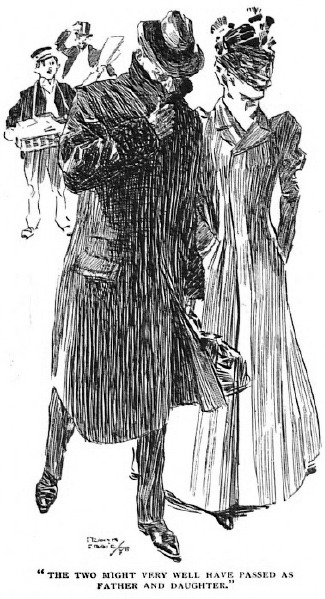
[Illustration by Frank Craig in The Strand Magazine (1898)]
The train stops briefly at Willesden at 5:12pm, and then again at Rugby at 6:50pm where the open door of a first-class carriage attracts notice. The three passengers have now vanished, and in their carriage is the body of a young man who has been shot through the heart. There is no clue to his identity but, oddly, he is in possession of six valuable gold watches, all of American manufacture…
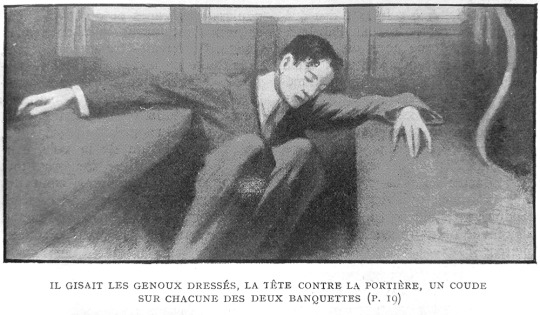
[llustration by Manuel Orazi in Du mystérieux au tragique (1911)]
Mystery murders on trains are a classic trope, probably the most famous is Murder on the Orient Express by Agatha Christie. Similar cases can be found in Detective Conan and Moriarty the Patriot. There's a reference too in Ron Kamonohashi's: Forbidden Deductions opening:

What makes this story peculiar is the subtext in the relationship between Sparrow MacCoy and Edward. There's an older and captivating criminal with a younger man crossdressing doing crimes in different cities. His brother James tried to get Edward back in "the right way", but everything ended with the tragic death of Edward in the train. MacCoy is shown as a ruthless criminal, expert card-sharper and very bad influence for young Edward, but after the murder we see a sensible side of MacCoy, who takes care of James after they fell from the train.
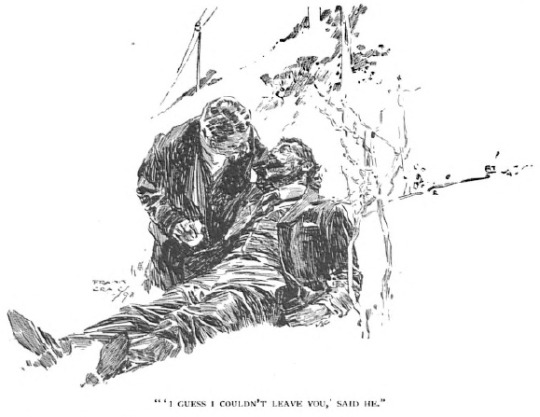
[Illustration by Frank Craig in The Strand Magazine (1898)]
Maybe Arthur Conan Doyle wasn't a writer of queer stories, but this one follows the typical "gay tragedy" trope that it was pretty common until last years. As Graham Robb said in Strangers: Homosexual Love in the Nineteeth Century:
"Gay tragedy is a tradition, not just a circumstantial feature. This is one of the clearest signs that 19th-century gay literature was not a parasitic sub-section of 'serious' literature. It had a discret life on its own and was far more influential that it seems."
Also: who is this "well-known criminal investigator"? Sherlock Holmes? He was in some part of the world dismantling Moriarty's criminal organisation. Mycroft Holmes? Maybe Watson trying to follow Sherlock's style, or Lestrade... This is a new case to solve. ✨
#letters from watson#the man with the watches#literature#graham robb#illustrations#arthur conan doyle#manuel orazi#frank craig#letters in the underground
25 notes
·
View notes
Text
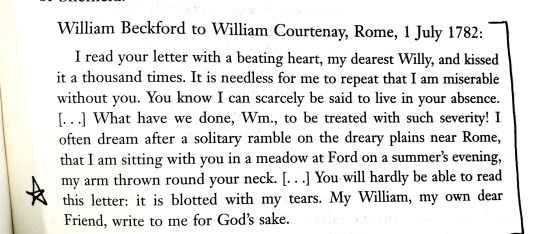
from Graham Robb’s Strangers: Homosexual Love in the Nineteenth Century (photo ID under read more)
[Photo ID: an excerpt of a page from the book cited above. it reads:
William Beckford to William Courtenay, Rome, 1 July 1782:
I read your letter with a beating heart, my dearest Willy, and kissed it a thousand times. It is needless for me to repeat that I am miserable without you. You know that I can scarcely be said to live in your absence. […] What have we done, Wm., to be treated with such severity! I often dream after a solitary ramble on the dreary plains near Rome, that I am sitting with you in a meadow at Ford on a summer’s evening, my arm thrown round your neck. […] You will hardly be able to read this letter: it is blotted with my tears. My William, my own dear Friend, write to me for God’s sake.
The passage has a bracket drawn around it, as well as a star next to the last few sentences. End ID.]
#lgbt#graham robb#gay antiquity#gay history#lgbt history#been reading this book on and off for several months now and this letter today really got to me
7 notes
·
View notes
Text
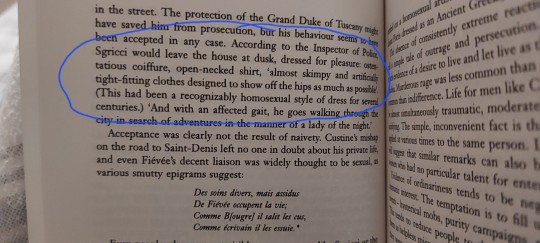

#strangers: homosexual love in the nineteenth century#graham robb#mr darcy also came to mind here#at the end of keira knightley pride and prejudice where he walks through the field#yknow? yknow.#anyway. howl pendragon queer icon once again confirmed.
4 notes
·
View notes
Text
I read Thrones, Dominations by Dorothy L Sayers and Jill Paton Walsh (after getting stuck on The Debatable Land by Graham Robb, which I really wanted to like, but honestly there's a limit to how much I want to know about him moving a new place and that was not what the cover promised. "I wanted blood and guts, Graham. Blood and guts." Have put it to one side for a bit).
Thrones, Dominations I found clever and satisfying, although she's overdone the quotations (as she did in The Attenbury Emeralds, if you ask me). One thing I do admire is she's not timid with her material, as a writer taking over a much-loved franchise might be - she's quite prepared to kill people off, blow up their houses, have them hand in notice after years in the job, etc, etc.
Of course Dorothy L Sayers had to step away from it, it's a great pity she never returned to it, but at least we have this.
On a side note, I think I have accidentally purchased a first edition, so go me. 😂
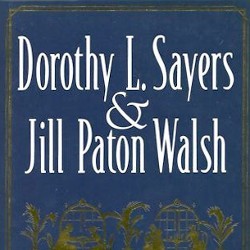
#my reading#dorothy l sayers#jill paton walsh#thrones dominations#graham robb#the debatable land#abdication crisis#lord peter wimsey#harriet vane
0 notes
Text
HAVE SOME MORE INDYCAR VINES FOR THE OLYMPIC BREAK! (indy vines part 3)
HERE’S A PART 3 OF MY INDYCAR AS VINES SERIES! i’m very happy that this series is so popular because I MISS VINE and this is how i’m coping with the fact that it’s been gone for a while :(( and this is also how i’m coping with the olympic break (along with watching the olympics themselves lmao)!!! enjoy friends :D
#indycar#nolan siegel#alexander rossi#hunter mcelrea#rinus veekay#colton herta#kyle kirkwood#pato o'ward#sting ray robb#marcus armstrong#scott dixon#christian lundgaard#graham rahal#james hinchcliffe#david malukas#romain grosjean#dario franchitti#tony kanaan#dan wheldon#bryan herta#will power#callum ilott#scott mclaughlin#josef newgarden#ciara.vid
205 notes
·
View notes
Text
Fuck rivalry discourse who's winning the IndyCar freak off
#indycar#alexander rossi#josef newgarden#scott mclaughlin#kyffin simpson#pato o'ward#theo pourchaire#linus lundqvist#scott dixon#alex palou#marcus armstrong#will power#santino ferrucci#graham rahal#jack harvey#christian rasmussen#ed carpenter#rinus veekay#colton herta#kyle kirkwood#marcus ericsson#pietro fittipaldi#sting ray robb#christian lundgaard#felix rosenqvist#tom blomqvist#romain grosjean#agustin canapino#brother tagging them took me 10mins i couldnt remember their names to save my life#should we do a poll tournament
109 notes
·
View notes
Text
My Thoughts on the Roger Rabbit Novels

Who Censored Roger Rabbit?
The Plot: It's the 1980s, and human beings and comic strip characters ("toons") live side-by-side, albeit not on an equal social standing. Roger Rabbit approaches private detective Eddie Valiant and asks him to investigate a dispute he has with Rocco and Dominick DeGreasy, the brothers who own his comic strip. Roger claims his life is in danger, but Eddie, who's somewhat racist towards toons, doesn't take him seriously - which comes back to bite him when he finds Roger's dead body. Now Eddie has to work out who killed Roger, as well as who killed Rocco DeGreasy on the same night.
What I Liked: This is a very well-paced story. It sets up the mystery straightaway, it cracks along at a good speed, and you don't have the full truth of whodunnit until the very end. The chapters are short and punchy, and even the time spent on plot points that turned out to be red herrings never felt wasted. I was always eager to pick the book up again and read just one more chapter!
Also, in any other novel, the twist regarding Roger's killer would be a massive "What the heck?" moment, but here, it's set up far enough in advance that it doesn't feel unnatural when it comes.
And as a fun minor detail, Eddie casually mentions being one of four children, and then the next novel, Who P-P-P-Plugged Roger Rabbit?, gives him two brothers and a sister! It was probably a coincidence, but I was glad to spot it!
What I Disliked: I really wasn't a fan of the way Jessica Rabbit was portrayed. Who Framed Roger Rabbit subverts her femme fatale image, but Who Censored Roger Rabbit? plays it straight, which didn't appeal to me as much. I prefer the "looks like she could kill you, is actually a cinnamon roll" trope over the "looks like she could kill you, could actually kill you" trope.
At one point in the story, Jessica claims she was forced to pose for a racy comic, but when Eddie speaks to the owner of said comic, the man claims Jessica posed for those pictures willingly and was actually eager to make more. At the time the story was published (1981), one might just about have got away with such a portrayal, but in a post-#MeToo world, it's discomforting that Jessica's allegations of coercion and sexual abuse aren't taken seriously. (Also, the man who owns the racy comic is a creepy crossdresser, which ... what? Why was that in there? That didn't need to be in there.)
As a consequence of Jessica's portrayal, her relationship with Roger is nowhere near as sweet as in the film. Their entire marriage is basically a sham. No, thank you. Give me "honey bunny" and "love cup" instead, please.
Verdict: I saw the film first, and I prefer it to the novel. Who Framed Roger Rabbit will always be my favourite piece of Roger Rabbit media. But I can appreciate Who Censored Roger Rabbit? as its own thing - a product of its time, to be sure, but also a well-structured and fast-paced read.
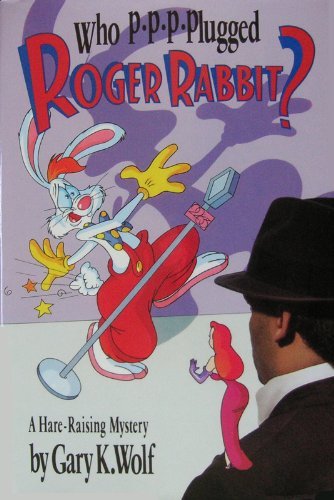
Who P-P-P-Plugged Roger Rabbit?
The Plot: It's 1947 (more or less), sometime after the events of Who Framed Roger Rabbit. Roger Rabbit, Baby Herman, and Kirk Enigma are three toons in line for the lead role in David Selznick's upcoming adaptation of Gone With the Wind. A box belonging to Selznick, a box of great importance, has gone missing, and Eddie Valiant has been hired to find it.
What I Liked: Who P-P-P-Plugged Roger Rabbit? has my favourite portrayal of Roger (after the film and the comics). We spend a bit more time with him than in the previous book, so we get to hear more about his worldviews and his backstory. We also get to see what a sweetie pie he is. He's an emotional bunny who loves his wife, just like in the film, and I frequently wanted to hug him.
A key highlight for me was the moment when Roger was singing like a Disney Princess and summoning a chorus of birds to wake Eddie one morning, which Eddie did not appreciate. Can someone animate that? I'd love to see it!
The second half of this novel also introduces Jessica's twin sister Joellyn (the six-inch-tall woman on Eddie's shoulder on the cover), and I enjoyed getting to know her. And, without giving away too many spoilers, I greatly preferred this rendition of Jessica over the one in Who Censored Roger Rabbit?
What I Disliked: Unlike the first novel, this one was pretty slow to get going. Eddie isn't actually hired by Selznick until Chapter 7, and most of the time before then is spent establishing Eddie as a down-on-his-luck private eye, using people and locations that show up once and then are barely used again. Some of that fat could have been trimmed, I feel. It made reaching the end of the book a bit more of a slog.
Something else that bothered me was the high volume of old-timey slang, brand names and Americanisms that I, as a twentysomething Brit, did not recognise. I could read an entire paragraph and think, "Well, he's either drinking alcohol, smoking cigar or eating a foodstuff, but I'll be darned if I can tell you which is the right interpretation." I think the noir detective vernacular was slightly overdone, to the point of incomprehension.
Verdict: I thought this would be my favourite of the novels because it seemed the most similar in tone to the film, so I was disappointed by my lukewarm reception to it. Maybe I was disappointed because I'd hyped it up too much in my mind? That's not to say I didn't enjoy it - I greatly preferred the second half to the first, once Eddie found out what was actually in this mysterious box - but I think it could have done with a few more edits before publication.
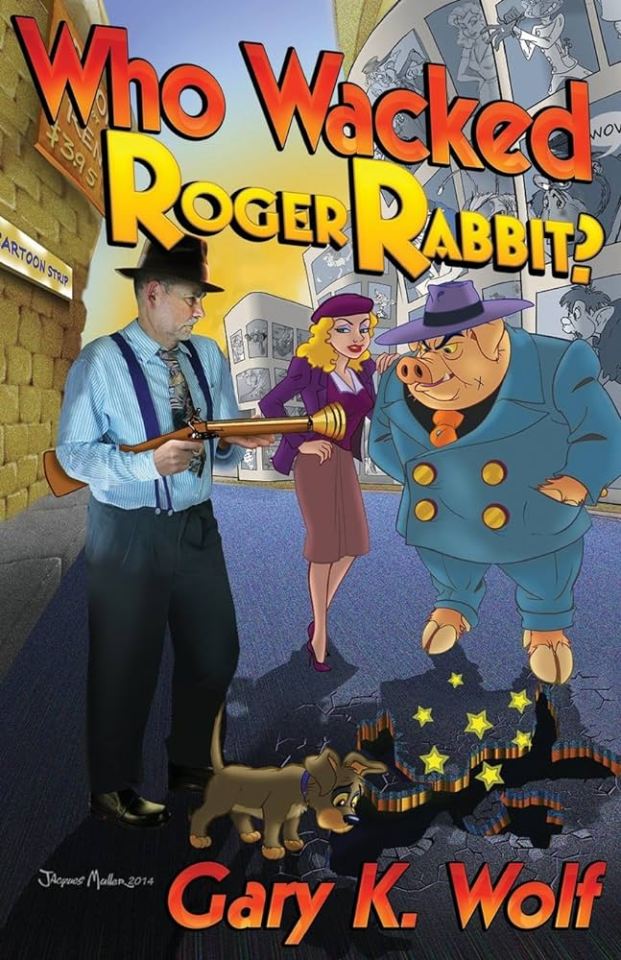
Who Wacked Roger Rabbit?
The Plot: It's the 1940s or 1950s, sometime after the events of Who Framed Roger Rabbit, and director Barney Sands is shooting a movie set in Toontown starring Gary Cooper and Roger Rabbit. He's been receiving threatening letters warning him to stay away from Toontown and stop making this film, but he can't afford to let down his investors. So he hires Eddie Valiant to be Cooper's bodyguard while filming takes place. But Eddie soon finds himself wrapped up in another mystery, involving a porcine crime lord called Willy Prosciutto and the corpse of Clabber Clown.
What I Liked: The majority of this novel takes place in Toontown, so we get some really cool worldbuilding details. We find out how the school system works, which churches are based in Toontown, and how crooked toons launder their money. I was particularly intrigued by the calm and serious toons in the Sanatorium - apparently, if you're not loud and goofy and bouncing off the walls, you're considered insane, which is the opposite of how humans think about mental health.
The blonde humanoid toon on the cover is Caitlyn "Honey" Graham, Willy's girlfriend. I really like Honey. In fact, she might be my favourite of the novel-exclusive characters. Throughout the book, you're trying to work out if she's a good bad girl or a bad good girl, or if she's really just a bad bad girl. If Who Framed Roger Rabbit ever gets a sequel or prequel or spin-off cartoon series, I'd love to see Honey on screen.
What I Disliked: The Roger we meet in this novel is a bit too stupid for my liking. In Who Framed Roger Rabbit, Roger made seemingly nonsensical choices, but he had his own (cartoon) logic to explain his actions, and he was even proved right in his assumptions a few times. So I much prefer to think of Roger as the kind of toon where you're never quite sure if he's truly dumb or merely playing dumb for the sake of a gag. Here, he's just straight-up dumb, and that's not as fun to read about.
Verdict: This was the book I knew the least about before I read it, so I was more cautious going in - but it ended up being my second favourite of the Roger Rabbit novels. I enjoyed learning more about Toontown and its residents. My favourite parts of the film had been the toony parts - Roger, and Jessica, and Roger and Jessica together - so I guess it makes sense that I'd enjoy the novel that takes place almost entirely in Toontown.

Jessica Rabbit: XERIOUS Business
The Plot: It's the 2020s, sometime post-pandemic, and Jessica Krupnik is a human in a toon-less world. She's working a dead-end job in a crime-ridden part of town, her stepmother bosses her around and belittles her, her stepsisters treat her like a servant, and her stepbrothers sexually harass her. She's basically a modern-day Cinderella. But instead of a fairy godmother, Jessica is rescued from her life of drudgery by an opportunity to apply for a role at XERIOUS, a crime-fighting organisation of secret agents. She gets the job, and is later put on a mission with Robbe, one of XERIOUS's most experienced agents, to catch a criminal mastermind called the Klown.
(And this is somehow a prequel to Who Framed Roger Rabbit. Despite being set decades after that film. And starring a human Jessica instead of a toon Jessica. Cartoon timelines be weird, y'all.)
What I Liked: This was the most fun novel to read! I think that's because it was a spy novel spoof, rather than a gritty noir detective story. The other three novels could be quite dour in tone - yes, cases would get solved, but people would get hurt in the process, and relationships would be irrevocably altered, so there was always this undercurrent of sadness in the seemingly happy endings. After three novels in a row of that, a story spoofing spy novels was always going to feel like a breath of fresh air. Gary K. Wolf has stated that he wrote this book in lockdown and had a lot of fun doing so, and I feel that coming across in his writing.
Robbe was another great novel-exclusive character. I can't say too much about him, because that would massively spoil things, but I can say that I enjoyed witnessing his development over the course of the novel. To give the most spoiler-free explanation I can, Robbe starts out as a suave and competent spy, but also a misogynist - until something happens to him in the line of duty that shakes his confidence. Watching him grow and try to be a better person, especially towards Jessica, while also dealing with the aftermath of his accident, was truly engaging. It even got me thinking about the portrayal of disability in fiction, which I did not expect a Roger Rabbit novel to do.
What I Disliked: For a novel called Jessica Rabbit: XERIOUS Business, Jessica herself was disappointingly under-developed. The first three chapters follow her miserable life and her desire for adventure, for respect, for something more. And then there's a two-year time skip and whoop, she's suddenly a confident and glamorous secret agent! And she's ditched her glasses and dyed her hair, so she's beautiful now! And she achieved her impossible hourglass figure with nothing but diet and exercise, despite being a human and not a toon! Sigh.
There was a real missed opportunity here. Robbe already has a plot where he starts off skilled and arrogant, but then has his worldview challenged and needs to learn to embrace vulnerability. So we could have had Jessica experiencing her own story of growth alongside him, but in reverse! We could have watched as, over the course of the novel, she transforms from the beaten-down self-conscious little girl into the sensational woman she was always meant to be. Robbe would start on top and fall down; Jessica would start at the bottom and claw her way up. The parallels could have been awesome!
Gary K. Wolf has admitted that, as a man, he would struggle to write a novel about women, and it shows. The sexism Jessica experiences doesn't have any nuance; the story just says, "Harassment is bad" over and over again. There's one moment where the Klown is sharing his nefarious plan to change the world, and Jessica responds, "I like the current world." And ... huh? You like the sexual harassment you receive on an almost daily basis? You like the system that trapped you in a dead-end job? You like all the poverty and crime and misery the world has right now? The story could have really benefitted from a feminist and/or intersectional analysis.
Also, in an effort to make Jessica seem smart, the men around her are extremely stupid, unable to see through the Klown's flimsy disguises. That is ... not the best way to make your female characters appear intelligent.
Verdict: My favourite of the Roger Rabbit novels! It's not perfect, but my criticisms are born out of love and a desire to see this concept reach its full potential. But even as it is, I still found this book a lot of fun to read, and I can excuse a few flaws if I'm having fun.
Final Ranking (Compared to Other Roger Rabbit Media)
Who Framed Roger Rabbit
Roger Rabbit and Roger Rabbit's Toontown comics
The three shorts
Jessica Rabbit: XERIOUS Business
Who Wacked Roger Rabbit?
Who Censored Roger Rabbit?
Who P-P-P-Plugged Roger Rabbit?
#who framed roger rabbit#wfrr#who censored roger rabbit#who p p p plugged roger rabbit#who wacked roger rabbit#jessica rabbit xerious business#roger rabbit#jessica rabbit#roger rabbit x jessica rabbit#roger x jessica#eddie valiant#baby herman#caitlyn “honey” graham#willy prosciutto#robbe#the klown#sid sleaze#david sleznick#kirk enigman
39 notes
·
View notes
Text
PROVISIONAL FINISHING ORDER AT CHECKERED FLAG - INDYCAR ST. LOUIS GRAND PRIX 2025
Kyle Kirkwood
Pato O'Ward
Christian Rasmussen
Scott Dixon
Santino Ferucci
Conor Daly
Rinus Veekay
Alex Palou
Marcus Armstrong
Robert Schwartzman
Alexander Rossi
David Malukas
Marcus Erricson
Christian Lundgaard
Kyffin Simpson
Felix Rosenqvist
Colton Herta
Callum Illot
Nolan Siegel
Sting Ray Robb
Jacob Abel
Graham Rahal
Devlin Defrancesco*
Scott McLaughlin*
Josef Newgardern*
Louis Foster*
Will Power*
*-Did Not Finish
#st. louis gp 2025#indycar#will power#louis foster#josef newgarden#devlin defrancesco#scott mclaughlin#nolan siegel#graham rahal#sting ray robb#kyffin simpson#christian lundgaard#colton herta#jacob abel#david malukas#marcus armstrong#alexander rossi#rinus veekay#alex palou#callum ilott#marcus ericsson#felix rosenqvist#pato o'ward#christian rasmussen#santino ferrucci#scott dixon#conor daly#kyle kirkwood#robert schwartzman
3 notes
·
View notes
Text
Boyos






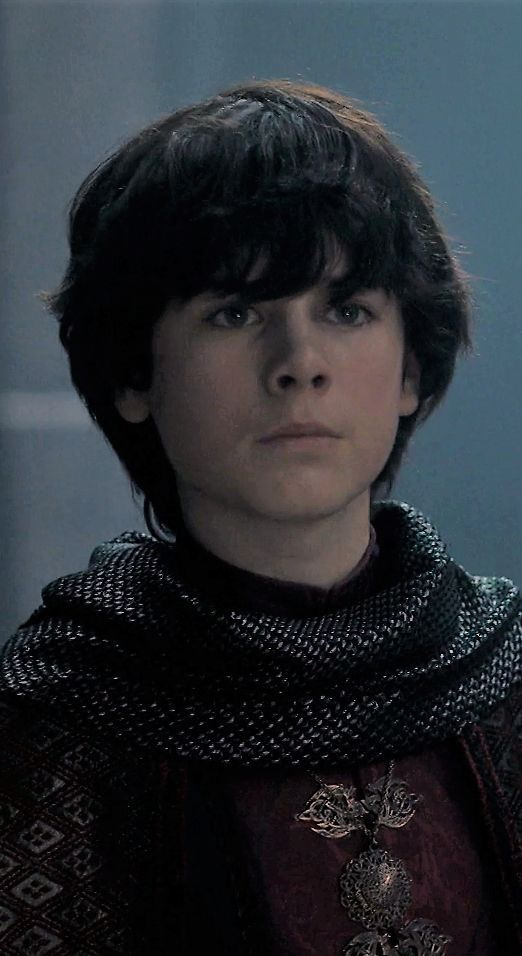




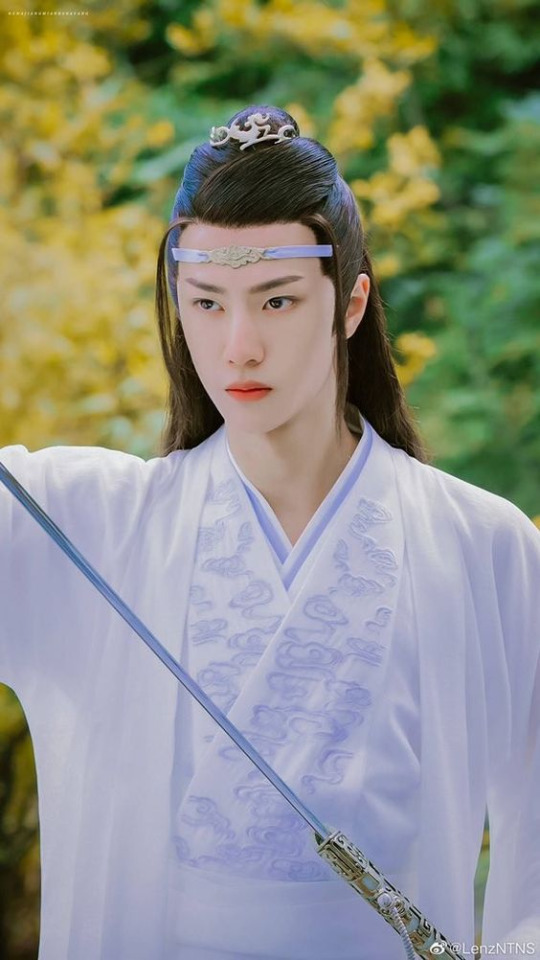
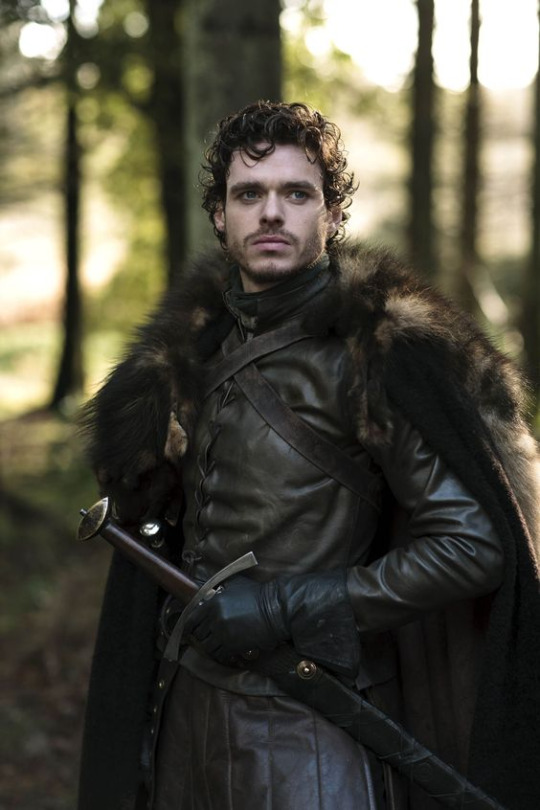

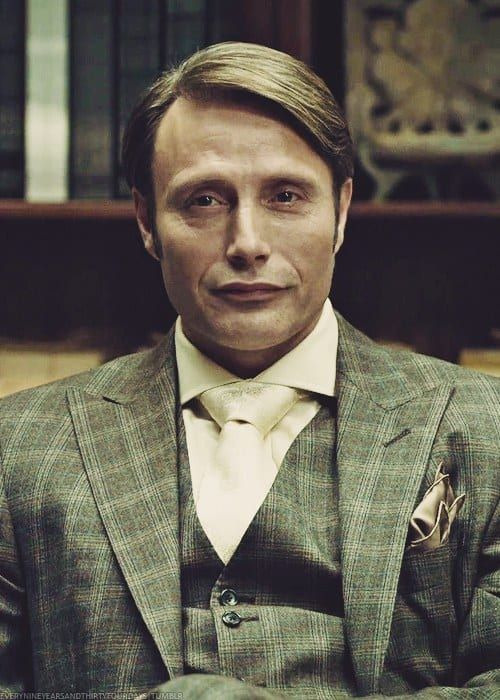

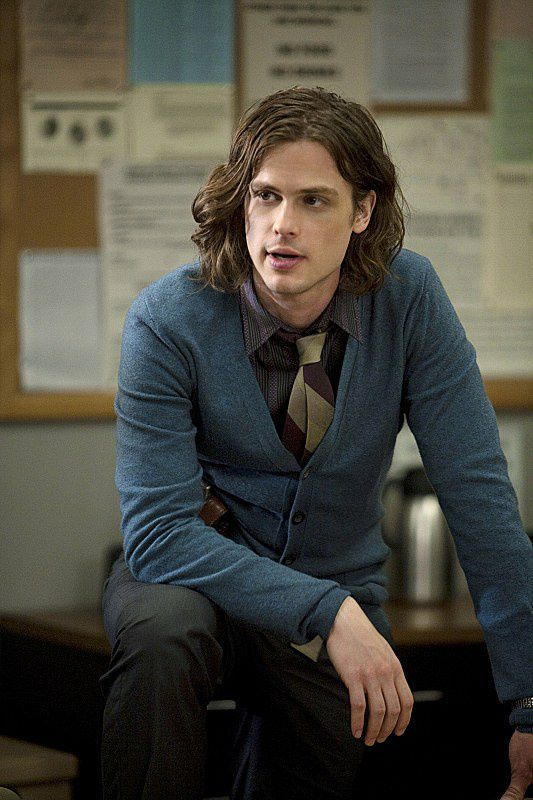

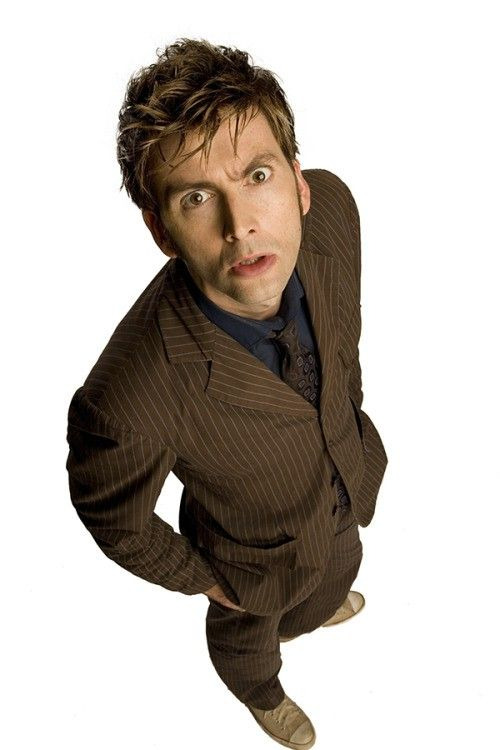



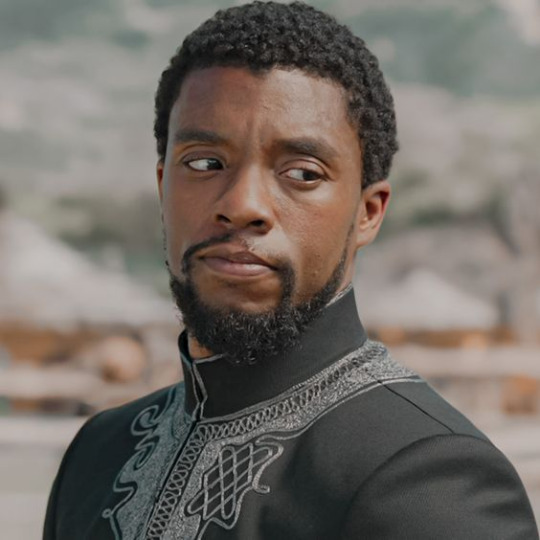
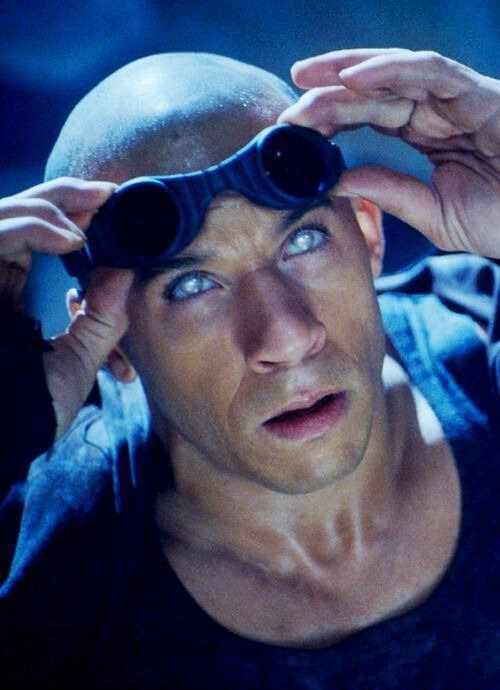


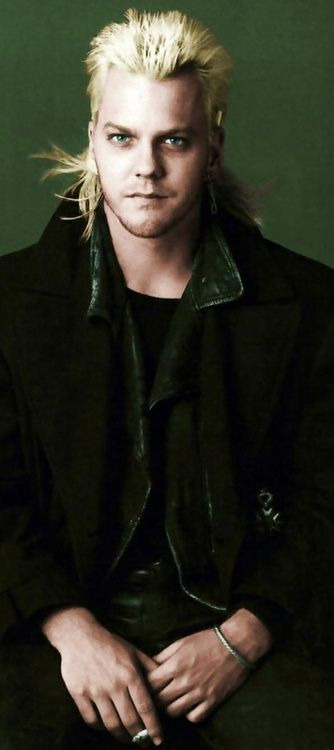



#Spike#aemond targaryen#Stiles Stilinski#lucerys velaryon#Ronan Dex#Steve Rogers#Bucky Barnes#Derek Hale#Jon Snow#Robb Stark#hannibal lecter#will graham#spencer reid#Anakin Skywalker#Wei Wuxian#Lan Wanji#Ninth Doctor#The Doctor#Fourth Doctor#Tenth Doctor#lestat de lioncourt#Aragorn#Merlin#T'Challa#Richard B. Riddick#John Sheppard#louis de pointe du lac#David#luke skywalker#Sam Wilson
16 notes
·
View notes
Text
I DONT KNOW WHO LET ME COOK AGAIN BUT I BURNT THIS SHIT DOWN!! anyways here’s what I believe some of the indycar drivers’ drugs of choice are. enjoy. :)
#indycar#david malukas#colton herta#helio castroneves#scott mclaughlin#kyle kirkwood#josef newgarden#sting ray robb#Graham rahal#scott dixon#simon pagenaud#benjamin pedersen#I think I am sooooo funny
32 notes
·
View notes
Text
🍒 𝐌𝐚𝐬𝐭𝐞𝐫𝐥𝐢𝐬𝐭 𝐨𝐟 𝐦𝐲 𝐅𝐢𝐜𝐬 [42]
25ᴛʜ ᴍᴀʀᴄʜ 2024
ᴇ = ᴇxᴘʟɪᴄɪᴛ
ᴍ = ᴍᴀᴛᴜʀᴇ
ᴛ = ᴛᴇᴇɴ
ɢ = ɢᴇɴᴇʀᴀʟ
𝘽𝙧𝙚𝙖𝙠𝙞𝙣𝙜 𝘽𝙖𝙙 [1]
ᴡᴀʟᴛᴇʀ ᴡʜɪᴛᴇ/ᴊᴇꜱꜱᴇ ᴘɪɴᴋᴍᴀɴ
(Anal)ysis of Jesse Pinkman | E
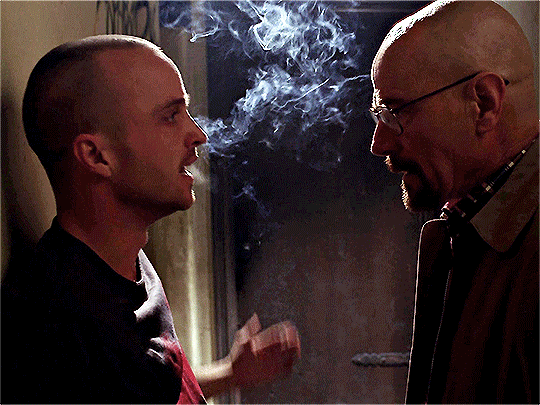
𝘾𝙧𝙞𝙢𝙞𝙣𝙖𝙡 𝙈𝙞𝙣𝙙𝙨 [3]
��ᴇʀᴇᴋ ᴍᴏʀɢᴀɴ/ꜱᴘᴇɴᴄᴇʀ ʀᴇɪᴅ
Blooming Luck – Heather | E
Peaceful Beauty – Hyacinths | E
Renewed Spring – Lilac | E
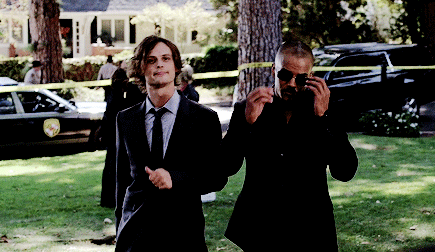
𝘿𝙚𝙩𝙧𝙤𝙞𝙩: 𝘽𝙚𝙘𝙤𝙢𝙚 𝙃𝙪𝙢𝙖𝙣 [4]
ʀᴋ800/ʀᴋ900 (ʀᴋ800 & ʀᴋ900)
Don't Go, You're Half Of Me Now | T
Sweet Creature | E

ʀᴋ800/ᴇʟɪᴊᴀʜ ᴋᴀᴍꜱᴋɪ (ʀᴋ800 & ᴇʟɪᴊᴀʜ ᴋᴀᴍꜱᴋɪ)
Borrowed A Love (That Never Came) | T
Fill My Lungs With The Air Your Heart Is Breathing | E

𝙁𝙖𝙣𝙩𝙖𝙨𝙩𝙞𝙘 𝘽𝙚𝙖𝙨𝙩𝙨 𝙖𝙣𝙙 𝙒𝙝𝙚𝙧𝙚 𝙩𝙤 𝙁𝙞𝙣𝙙 𝙏𝙝𝙚𝙢 (𝙈𝙤𝙫𝙞𝙚𝙨) [1]
ᴘᴇʀᴄɪᴠᴀʟ ɢʀᴀᴠᴇꜱ/ɴᴇᴡᴛ ꜱᴄᴀᴍᴀɴᴅᴇʀ
Liquid Sunshine | E

𝙁𝙧𝙚𝙞𝙚𝙧 𝙁𝙖𝙡𝙡 | 𝙁𝙧𝙚𝙚 𝙁𝙖𝙡𝙡 [1]
ᴍᴀʀᴄ ʙᴏʀɢᴍᴀɴɴ/ᴋᴀʏ ᴇɴɢᴇʟ
And Suddenly, It Felt Like A Free Fall | E
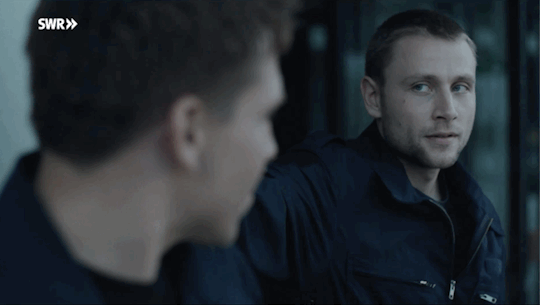
𝙂𝙖𝙢𝙚 𝙊𝙛 𝙏𝙝𝙧𝙤𝙣𝙚𝙨 [2]
ᴊᴏɴ ꜱɴᴏᴡ/ʀᴏʙʙ ꜱᴛᴀʀᴋ
Claiming His Bitch | E
He Was Worth It In The End | E
𝙃𝙖𝙣𝙣𝙞𝙗𝙖𝙡 [2]
ʜᴀɴɴɪʙᴀʟ ʟᴇᴄᴛᴇʀ/ᴡɪʟʟ ɢʀᴀʜᴀᴍ
I want your Violence, your Wrath and Salvation | E
Volatile Hunger (Signed H.L.) | E
ʜᴀʀʀʏ ᴘᴏᴛᴛᴇʀ/ꜱɪʀɪᴜꜱ ʙʟᴀᴄᴋ
𝙃𝙖𝙧𝙧𝙮 𝙋𝙤𝙩𝙩𝙚𝙧 [1]
All Of Our Sins In The Daylight | E
𝙋𝙚𝙣𝙣𝙮 𝘿𝙧𝙚𝙖𝙙𝙛𝙪𝙡 [1]
ᴇᴛʜᴀɴ ᴄʜᴀɴᴅʟᴇʀ/ᴅᴏʀɪᴀɴ ɢʀᴀʏ
Souls Tied, Intertwined By Our Pride And Guilt | E

𝙏𝙚𝙚𝙣 𝙒𝙤𝙡𝙛 [21]
ꜱᴛɪʟᴇꜱ ꜱᴛɪʟɪɴꜱᴋɪ/ᴅᴇʀᴇᴋ ʜᴀʟᴇ
(K)Not Tonight | E

ꜱᴛɪʟᴇꜱ ꜱᴛɪʟɪɴꜱᴋɪ/ᴘᴇᴛᴇʀ ʜᴀʟᴇ
The Moth In The Mirror | E
(Un)Lucky Incidents | E
Will You Stay (On My Mind)? | E
I'll Bring You Home (It's Been So Long) | E
The Summer Air By The Seaside | E
His Touch Brought Forth An Incandescent Glow | E
I Want You Now (Wanna Need You Forever) | E
Cinnamon Sugar and Stardust | E
Twilight | E
Blood So Rare And Sweet As Cherry Wine | E
There's A Strange Love Inside (It's Getting Louder) | E
Something Meaty For The Main Course | E
The Smell Of Smoke Would Hang Around This Long | E
What if all I need is You? | T
So in Awe, there I stood as you licked off the Sage | E
Feeling Knotty | E
Fell in love with the Flame who built me a Cage | E
It Will Wither (Ours Won't) | E
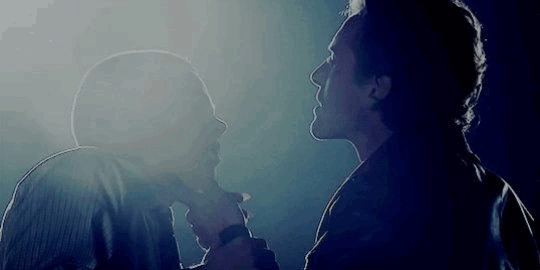
ꜱᴛɪʟᴇꜱ ꜱᴛɪʟɪɴꜱᴋɪ/ᴊᴏʀᴅᴀɴ ᴘᴀʀʀɪꜱʜ
The Hellhound and his Human | E
I Think I've Seen This Film Before (And I Didn't Like The Ending) | E
𝙏𝙝𝙚 𝙂𝙤𝙤𝙙 𝘿𝙤𝙘𝙩𝙤𝙧 [1]
ꜱʜᴀᴜɴ ᴍᴜʀᴘʜʏ/ɴᴇɪʟ ᴍᴇʟᴇɴᴅᴇᴢ
Rainy Days And Love Confessions | T
𝙏𝙝𝙚 𝙌𝙪𝙖𝙧𝙧𝙮 [3]
ɴɪᴄᴋ ꜰᴜʀᴄɪʟʟᴏ/ᴊᴀᴄᴏʙ ᴄᴜꜱᴛᴏꜱ
Colourful Rainstorms (Repeat Until Dawn) | E
Cold Sheets (Oh Where's My Love?) | E
ʀʏᴀɴ ᴇʀᴢᴀʜʟᴇʀ/ᴅʏʟᴀɴ ʟᴇɴɪᴠʏ
Moonlight Shenanigans | E
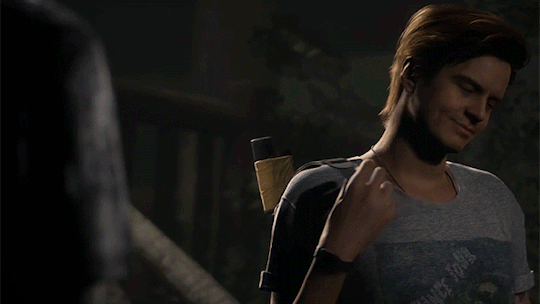
𝙄𝙩 𝙇𝙞𝙫𝙚𝙨 (𝙑𝙞𝙨𝙪𝙖𝙡 𝙉𝙤𝙫𝙚𝙡𝙨) [1]
ᴍᴀᴛᴛʜɪᴀꜱ ᴍᴄQᴜᴏɪᴅ/ᴍᴀɪɴ ᴄʜᴀʀᴀᴄᴛᴇʀ
Come Doused In Mud, Soaked In Bleach (As I Want You To Be) | E
#ethan chandler x dorian gray#gramander#stiles stilinski x peter hale#stiles stilinski x derek hale#stiles stilinski x jordan parrish#walter white x jesse pinkman#derek morgan x spencer reid#rk800 x rk900#rk800 x elijah kamski#percival graves x newt scamander#marc borgmann x kay engel#jon snow x robb stark#shaun murphy x neil melendez#nick furcillo x jacob custos#dead dove do not eat#it lives within#harry x sirius#hannibal lecter x will graham#🐺🐌.txt
13 notes
·
View notes
Text
"Homo- and heterosexuality are concepts that bear the imprints of the periods in which they were invented. But to say that no such dichotomy existed until these terms were coined is to sit on the dictionary and expect it to function as a magic carpet."
-from Strangers: homosexual love in the nineteenth century by Graham Robb
4 notes
·
View notes
Text
Marx 🤝 Hugo on Balzac
Marx: “The realism I allude to may crop out even in spite of the author’s opinions. (…) Balzac was politically a Legitimist; his great work is a constant elegy on the inevitable decay of good society, his sympathies are all with the class doomed to extinction. But for all that his satire is never keener, his irony never bitterer, than when he sets in motion the very men and women with whom he sympathizes most deeply - the nobles. And the only men of whom he always speaks with undisguised admiration, are his bitterest political antagonists, the republican heroes of the Cloître Saint-Méry*, the men, who at that time (1830-6) were indeed the representatives of the popular masses. That Balzac thus was compelled to go against his own class sympathies and political prejudices, that he saw the necessity of the downfall of his favourite nobles, and described them as people deserving no better fate; and that he saw the real men of the future where, for the time being, they alone were to be found - that I consider one of the greatest triumphs of Realism, and one of the grandest features in old Balzac.” Karl Marx letter to Harkness, April 1888.
Hugo: “Unknown to himself, whether he wished it or not, whether he consented or not, the author of this immense and strange work is one of the strong race of Revolutionist writers. Balzac goes straight to the goal(...) by grace of his free and vigorous nature; by a privilege of the intellect of our time, which, having seen revolutions face to face, can see more clearly the destiny of humanity and comprehend Providence better,- Balzac redeemed himself smiling and severe from all those formidable studies which produced melancholy in Moliere and misanthropy in Rousseau.” Hugo’s Eulogy for Balzac from J. Berg Esenwein and Dale Carnagey’s the art of public speaking.
*marx could be thinking of Michel Chrestien, portrayed as the honorable alternative to Lucien de Rubempré, who dies a hero in 1832 at saint-mery (but balzac makes him fall in love with a princess because. of course he does)(i have not read all of balzac’s novels so i’m not sure if he has more revolutionary heroes, since marx claims he is “always” speaking in positive terms of them)
#reading balzac is such an experience#deeply emotional whiplash inducing#and despite not sure if this is thanks to the superiority of Realism ™️#or because of an understanding of a hegelian destiny signed by providence :p#both marx and hugo capture thsi fight against the balzacian text xD#it is also debatable if B empathizes more with the aristos or with someone like vautrin#even if he won’t admit it#but anyways this is fun and a nice bit of death of the author in display#also graham robb asks us to imagine hanska -balzac’s aristocratic widow- reaction to hugo’s speech and lol yes she probably hated it
5 notes
·
View notes
Text
the thing about unrequited love in fics is I have an opinion about who is the right person to be in love. this includes canon. this includes when they hate each other.
(put your preferred unrequited love direction for your ships in the tags)
#I prefer mutual pining and just Thinking the other one doesn’t return your feelings#I will only SOMETIMES accept it the other way around if truly unrequited#Grantaire loves Enjolras#Erik Lensherr loved Charles Xavier#Thorin Oakenshield loves Bilbo Baggins#Hannibal loves Will Graham#Castiel loves Dean Winchester#Terry Silver loves John Kreese#Remus Lupin loves Sirius Black#Theon Greyjoy loves Robb Stark#Alicent Hightower loves Rhaenyra Targaryen#Klaus Mikaelson loves Stefan Salvatore#Crowley loves Aziraphale#Merlin loves Arthur Pendragon#Gwaine loves Merlin#Bruce Wayne loves Clark Kent#literally everyone loves Obi-Wan Kenobi. regardless of ship
6 notes
·
View notes
